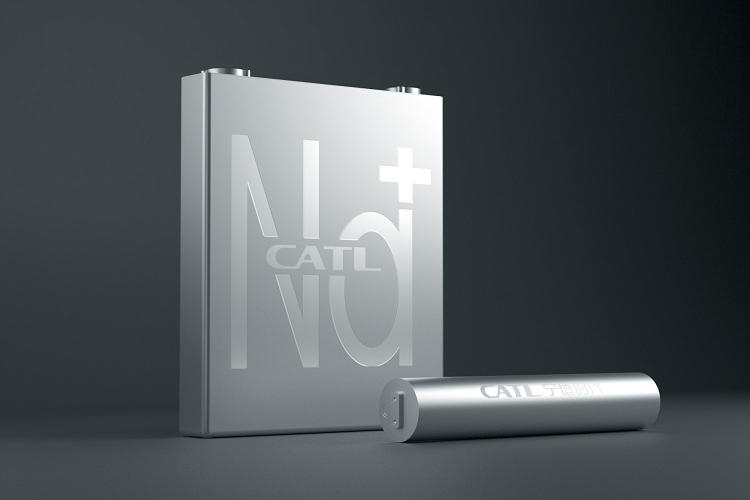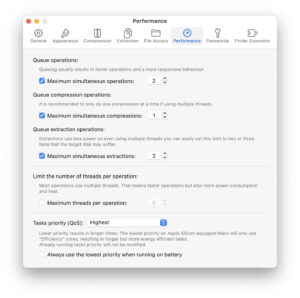Lower-cost sodium-ion batteries are finally having their moment

Sodium-ion batteries for electric vehicles and energy storage are moving toward the mainstream. Wider use of these batteries could lead to lower costs, less fire risk, and less need for lithium, cobalt, and nickel.
On November 18, CATL, the world’s largest battery manufacturer, announced its second-generation sodium-ion battery, mass production of which would begin in 2027. The China-based company said the new battery has an energy density of 200 watt-hours per kilogram, which is an increase from 160 watt-hours per kilogram for the previous generation that launched in 2021. Higher energy density in an EV battery translates into more driving range.
On Nov. 21, a consortium of seven US national laboratories announced a new initiative in which they would spend $50 million to foster collaboration to accelerate the development of sodium-ion batteries. The partnership is led by Argonne National Laboratory in the Chicago area.



